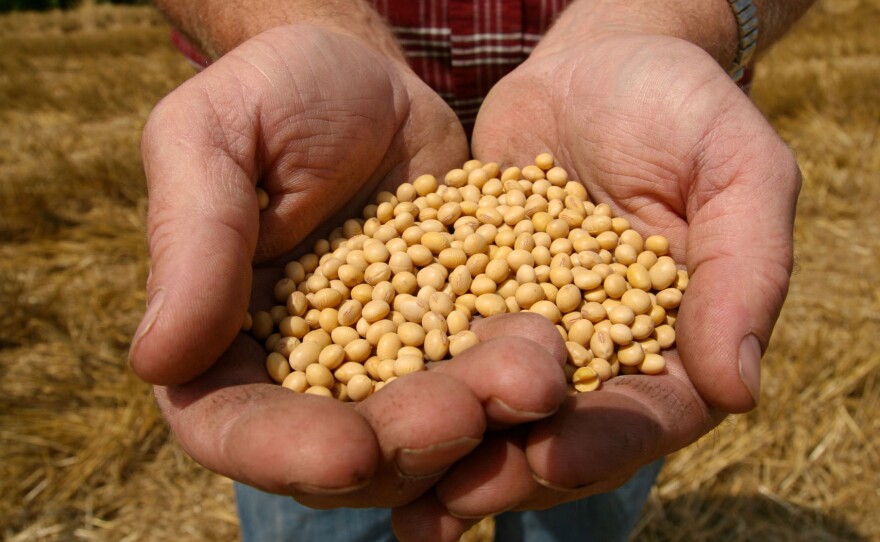LOS ANGELES (AP) -- Marches and rallies against seed giant Monsanto were held across the U.S. and in dozens of other countries Saturday.
In San Diego, thousands of people were expected to attend a rally in Balboa Park.
"March Against Monsanto" protesters say they want to call attention to the dangers posed by genetically modified food and the food giants that produce it. Marches are planned for more than 250 cities around the globe, according to organizers.
Genetically modified plants are grown from seeds that are engineered to resist insecticides and herbicides, add nutritional benefits or otherwise improve crop yields and increase the global food supply. Most corn, soybean and cotton crops grown in the United States today have been genetically modified. But some say genetically modified organisms can lead to serious health conditions and harm the environment.
Monsanto Co., based in St. Louis, said Saturday that it respects people's rights to express their opinion on the topic, but maintains that its seeds improve agriculture by helping farmers produce more from their land while conserving resources such as water and energy.
The use of GMOs has been a growing issue of contention in recent years, with health advocates pushing for mandatory labeling of genetically modified products even though the federal government and many scientists say the technology is safe.
The Food and Drug Administration does not require the labeling, but organic food companies and some consumer groups have intensified their push for labels, arguing that the modified seeds are floating from field to field and contaminating traditional crops. The groups have been bolstered by a growing network of consumers who are wary of processed and modified foods.
The Senate this week overwhelmingly rejected a bill that would allow states to require labeling of genetically modified foods.
The Biotechnology Industry Organization, a lobbying group that represents Monsanto, DuPont & Co. and other makers of genetically modified seeds, has said that it supports voluntary labeling for people who seek out such products. But it says that mandatory labeling would only mislead or confuse consumers into thinking the products aren't safe, even though the FDA has said there's no difference between GMO and organic, non-GMO foods.
However, state legislatures in Vermont and Connecticut moved ahead this month with votes to make food companies declare genetically modified ingredients on their packages. And supermarket retailer Whole Foods Markets Inc. has said that all products in its North American stores that contain genetically modified ingredients will be labeled as such by 2018.
Whole Foods says there is growing demand for products that don't use GMOs, with sales of products with a "Non-GMO" verification label spiking between 15 percent and 30 percent.






